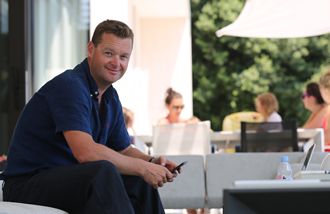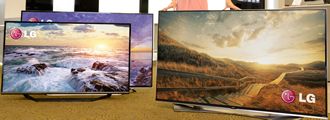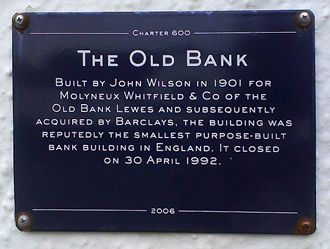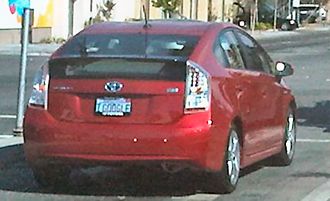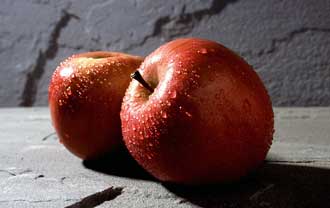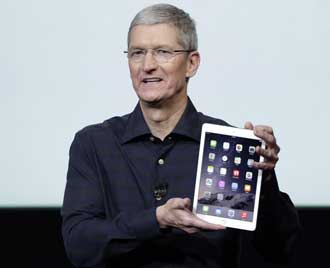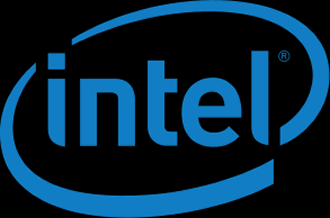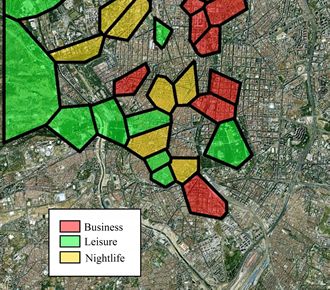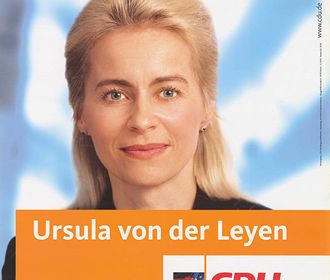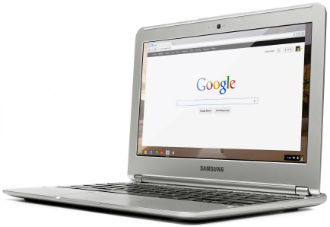 Software giant Microsoft has taken legal action against a company it claims is scamming people by representing itself as a Windows support outfit.
Software giant Microsoft has taken legal action against a company it claims is scamming people by representing itself as a Windows support outfit.
The Indian company, C-Cubed Solutions, is alleged to call people up saying people have had problems with their computers and conning them out of money.
The case claims that representatives from the company claim they represent Microsoft and then attempt to inveigle people into visiting web sites which are infected with malware, according to the Times of India. The caller may also attempt to get remote access to a computer and ask for payment using a credit card under the pretext of providing technical support.
Microsoft says it never cals people cold and advises people who get such calls never to give any information to people who claim to represent it.
The scam doesn’t only affect people in the USA – cold calls have been made to other countries including the UK, Ireland, Australia, Canada and New Zealand.
